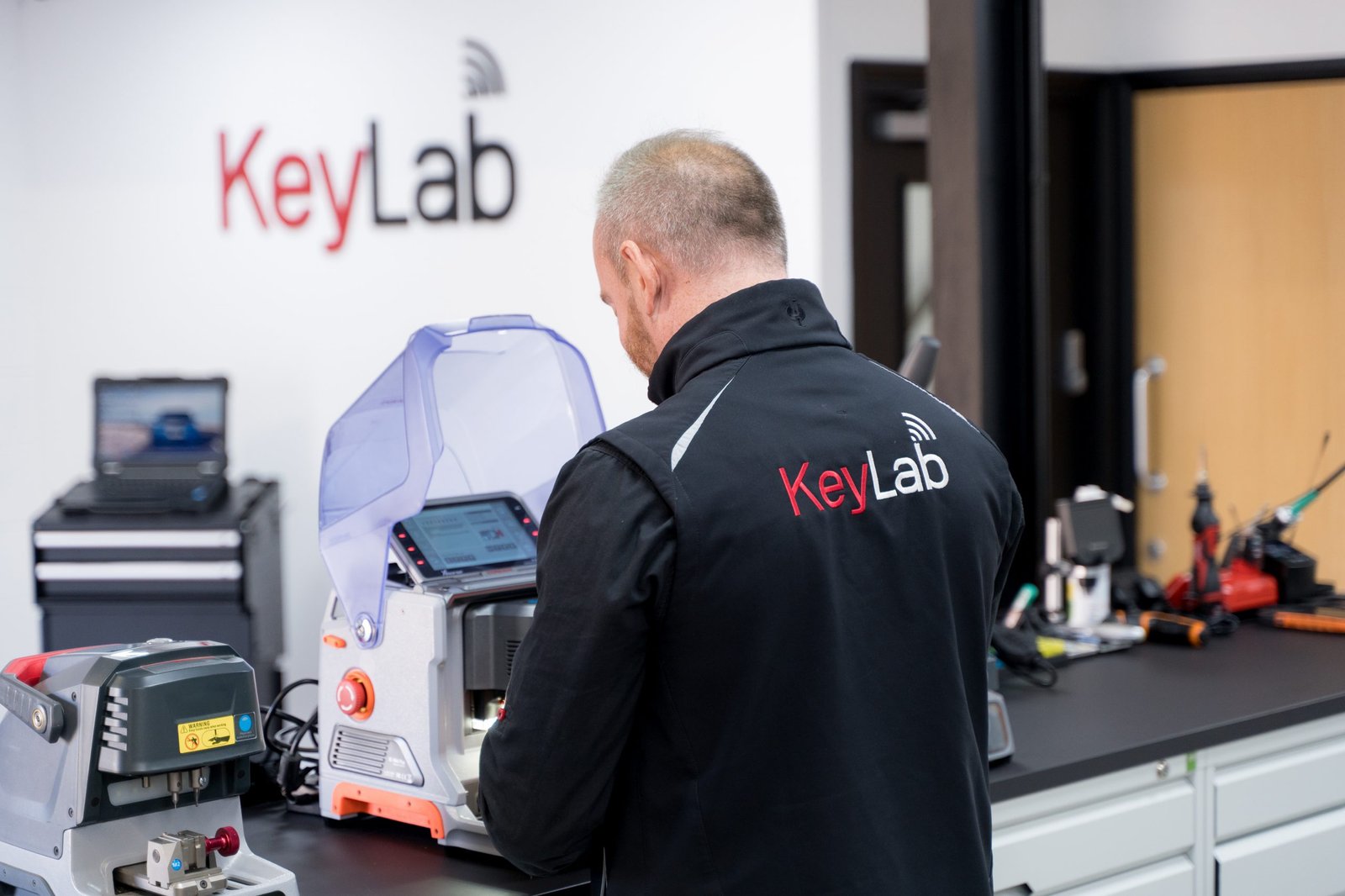Replacement Car Key: A Simple Definition
Understanding Replacement Car Keys: Everything You Need to Know
When it pertains to owning a vehicle, losing or damaging car keys can be a significant inconvenience. Replacement car keys are important for any car owner, however the procedure can be intricate and often expensive. In this article, we will explore the different types of car keys, the procedure of acquiring a replacement, possible costs, and some often asked concerns.
Types of Car Keys
Knowing the type of car key you have is important when seeking a replacement. Here are the main categories of car keys:
Type of Key
Description
Conventional Keys
Basic metal keys used in older vehicles geared up with mechanical locks.
Transponder Keys
Keys with integrated chips that interact with the car's ignition system, improving security.
Remote Key Fobs
Keys that include a remote control function to unlock or begin the car, typically combined with transponder technology.
Smart Keys
Keyless entry systems that use distance sensing units for ignition and opening the doors.
Valet Keys
Limited-function keys that enable valet attendants to park the car without accessing the trunk or glove compartment.
Advantages and Disadvantages of Each Key Type
Conventional Keys
- Benefits: Simple to replace; economical.
- Disadvantages: Less safe and secure; easy to replicate.
Transponder Keys
- Benefits: Higher security; resistant to theft.
- Downsides: More expensive to replace; requires special equipment.
Remote Key Fobs
- Advantages: Convenient for accessing the vehicle; often consists of extra features (e.g., panic button).
- Disadvantages: Requires battery replacement; can be pricey.
Smart Keys
- Advantages: Fully integrated system; enhanced user experience.
- Disadvantages: Complex and pricey to change; might require reprogramming.
Valet Keys
- Benefits: Provides a level of security when admitting to others.
- Disadvantages: Limited functionality can trouble users.
The Process of Getting Replacement Car Keys
Obtaining a replacement car key can vary depending upon the kind of key and the vehicle's maker. Here's a detailed guide to assist navigate the process:
Identify the Key Type: Determine the type of key you require to replace (conventional, transponder, remote, etc). Knowing this will help you when going over with locksmiths or dealers.
Locate Your Vehicle Identification Number (VIN): The VIN is vital for locating your car's particular key code. It is usually found on the chauffeur's side control panel or in the vehicle's title and registration files.
Select Your Replacement Option: You have numerous alternatives for acquiring a replacement key:
- Dealership: Going through the maker provides the greatest assurance of an ideal match, although it is frequently the most pricey option.
- Accredited Locksmith: A qualified locksmith can typically provide replacement keys for a portion of the expense, specifically for transponder keys.
- Online Services: Some online retailers offer car keys and fobs that can be cut and configured in your home. However, accuracy is vital with this choice.
Supply Necessary Documentation: When checking out a dealer or locksmith, be prepared to show evidence of ownership (e.g., title or registration) and your identification.
Cutting and Programming the Key: Depending on the type of key, a locksmith or dealer will either merely cut your key or also program it to interact with your vehicle.
Test the New Key: Before leaving, make sure that the brand-new key works correctly with your car. Test both the key cutting and any electronic functions.
Expenses Involved in Replacement Car Keys
Replacement expenses can fluctuate based upon a number of aspects, consisting of vehicle make and model, key type, and area. Listed below, discover a basic overview of the possible costs:
Type of Key
Typical Replacement Cost
Standard Keys
₤ 5 to ₤ 25
Transponder Keys
₤ 50 to ₤ 300
Remote Key Fobs
₤ 50 to ₤ 500
Smart Keys
₤ 200 to ₤ 600
Valet Keys
₤ 10 to ₤ 50
The expenses can accumulate significantly, specifically for key fobs and clever keys, making it a great idea to take preventative measures to prevent losing your keys in the first location.
Regularly Asked Questions (FAQs)
**Q: Can I change my car key myself?A: While some basic keys can be replaced in the house, complex keys such as transponder and wise keys require unique programming and cutting tools, making a professional service a much better option. Q: What must I do if I lose my only car key?A: First, call a car dealership or locksmith to discuss a replacement. You may need to provide proof of ownership and perhaps the VIN. Q: How can I prevent losing my car keys?A: Consider getting a key tracker, developing
a designated area for your keys in your home, or using a lanyard or keychain that connects to your bag. Q: Is it legal to make a copy of my car key?A: Yes, as long as you own the vehicle. However, understand that not all key
types may be easily copied. Q: How long does it require to get a replacement key made?A: The timeline can vary from a couple of minutes if you have a conventional key to a couple of hours and even a day for innovative keys like clever keys due to programming requirements. Replacing car keys can be detailed however understanding the type of key, the process to obtain a new one, and the associated costs can relieve much of the confusion.
Car owners need to be proactive about managing their keys to avoid unnecessary replacements. In case of loss, keeping essential information useful can enhance the replacement process, guaranteeing that you can return on the roadway as rapidly as possible.  **
**